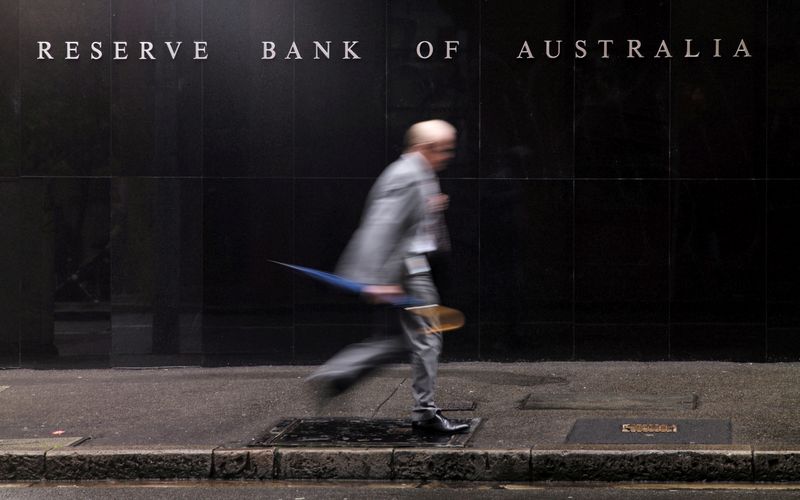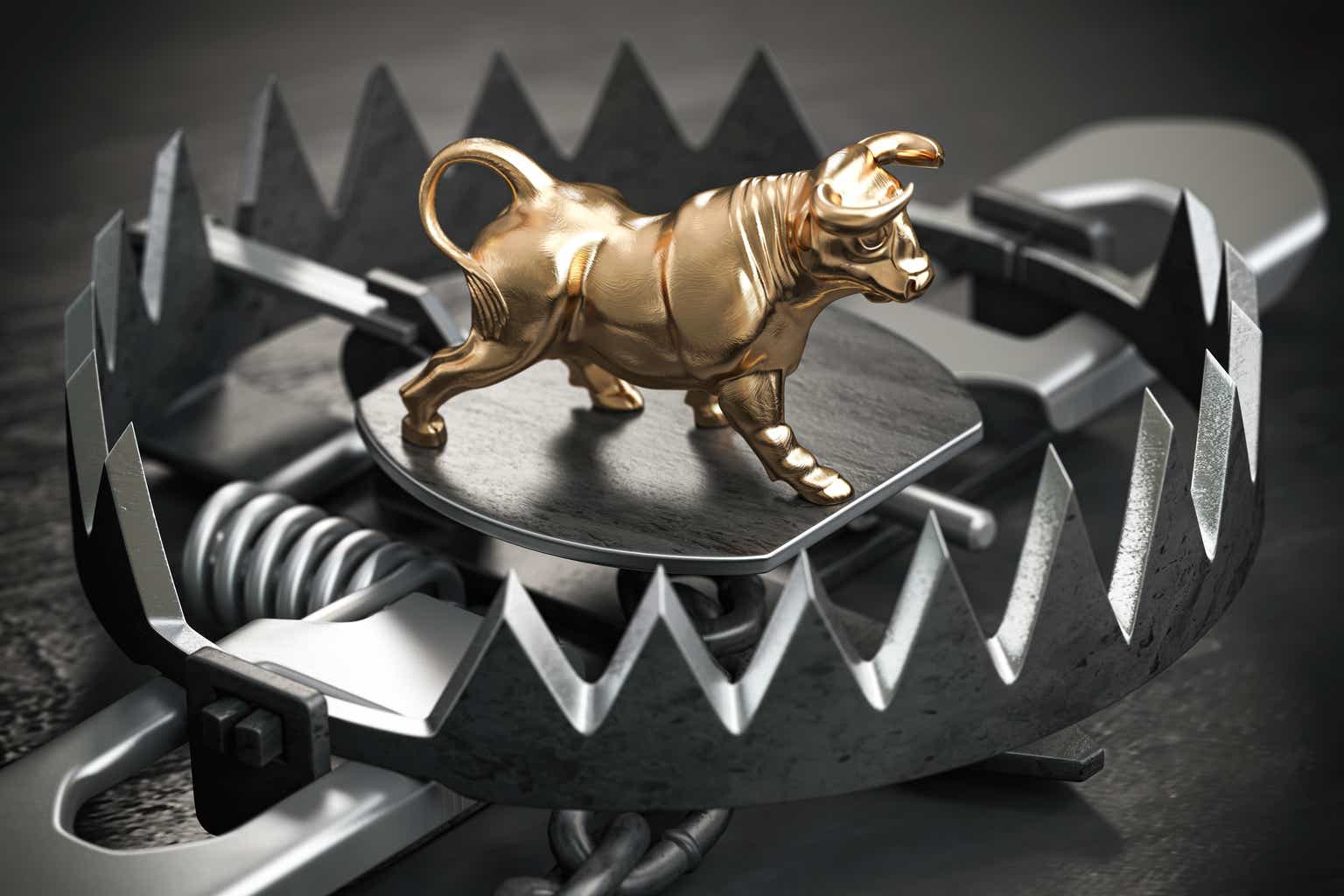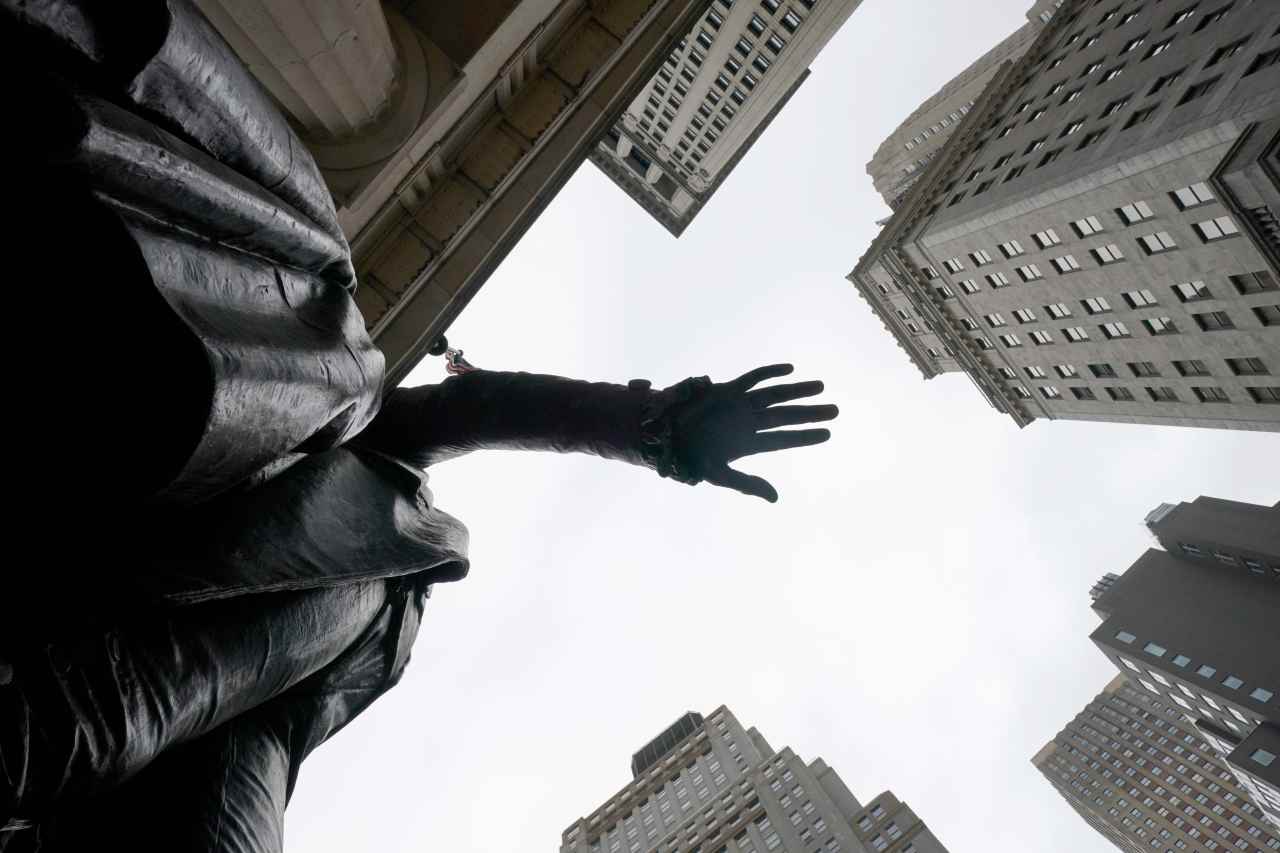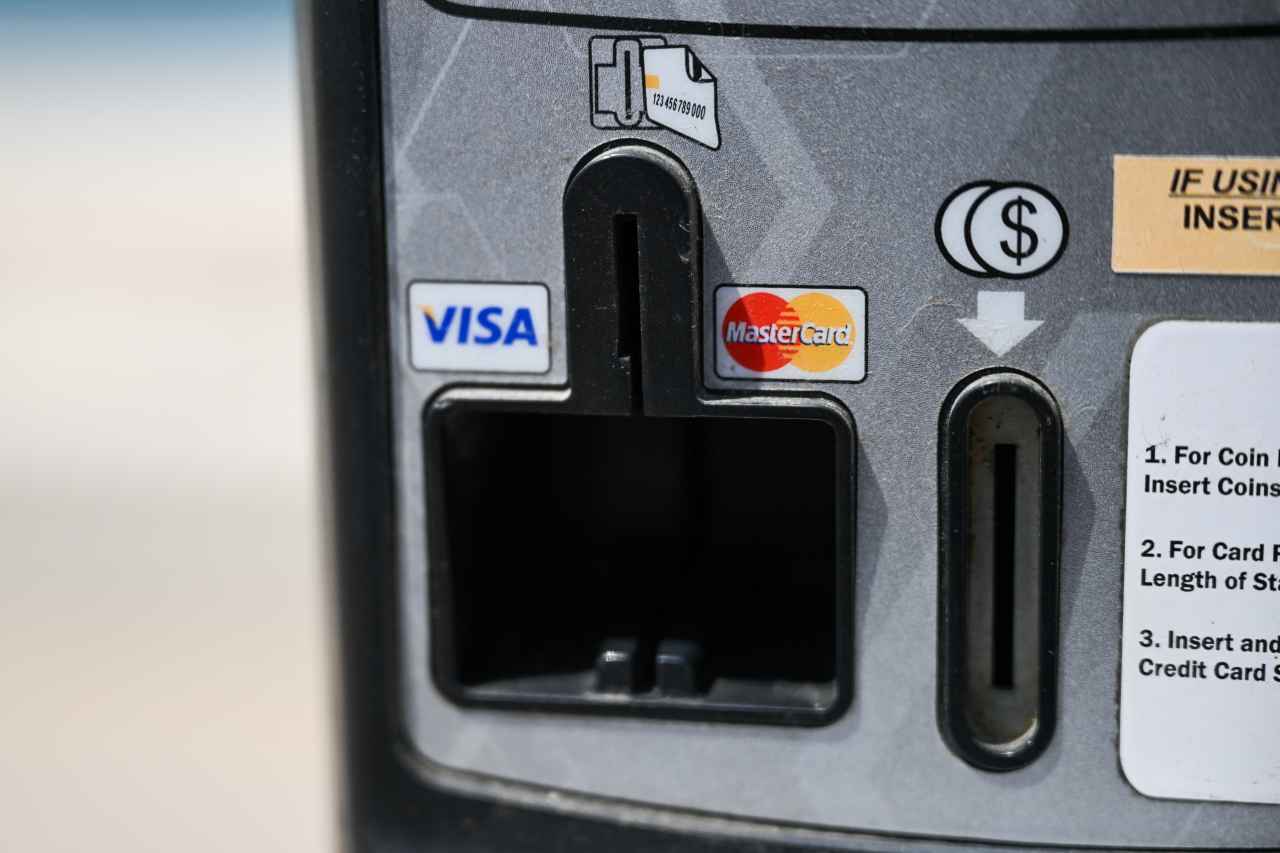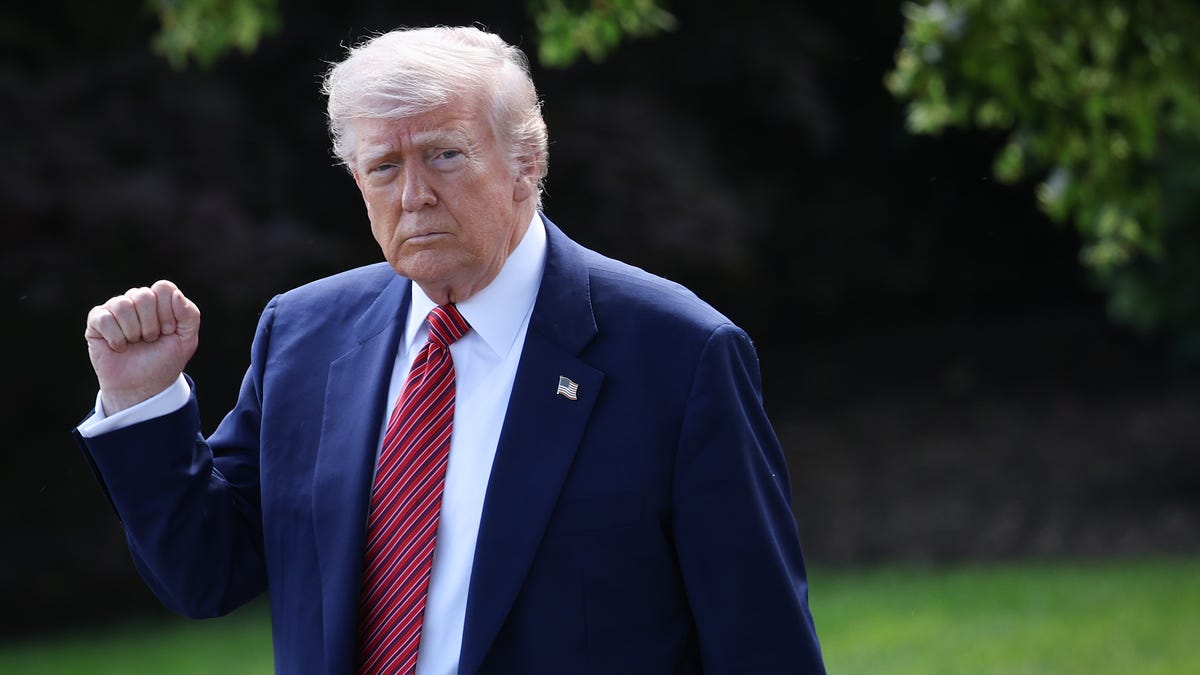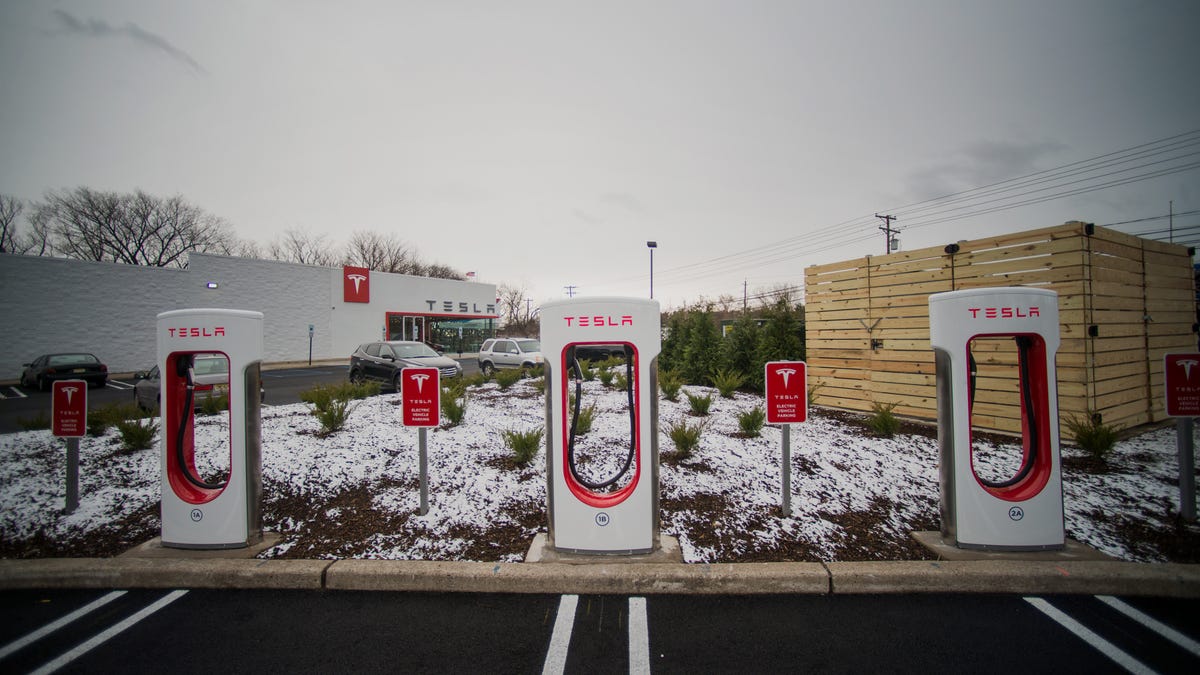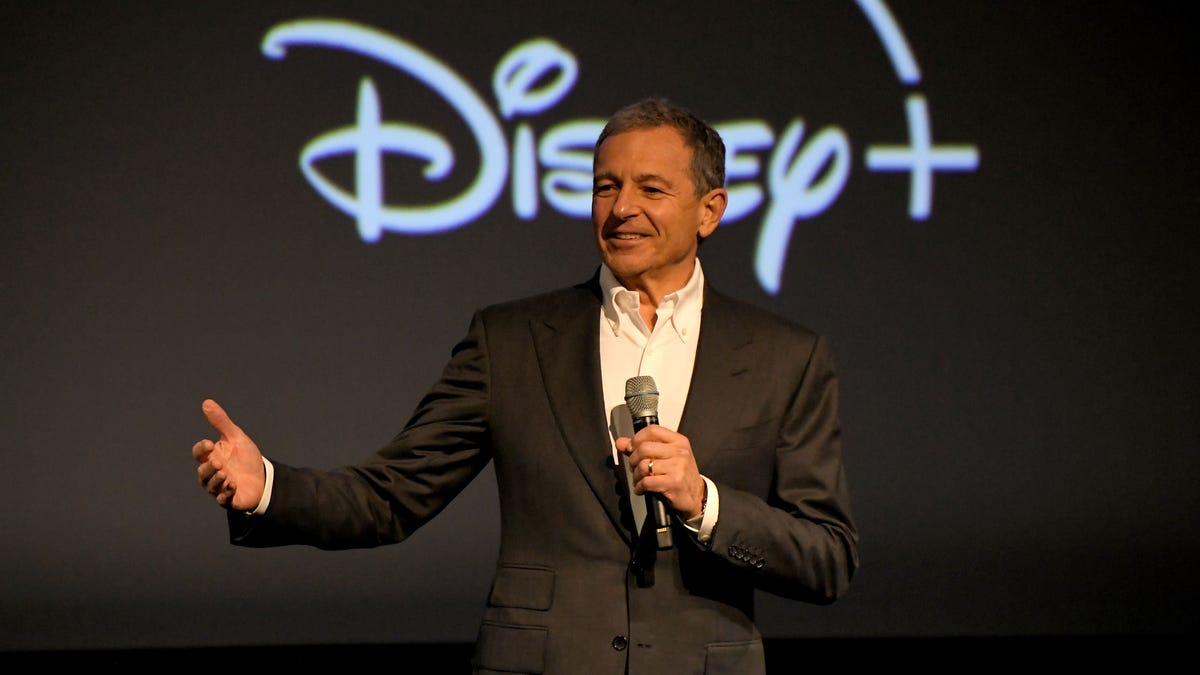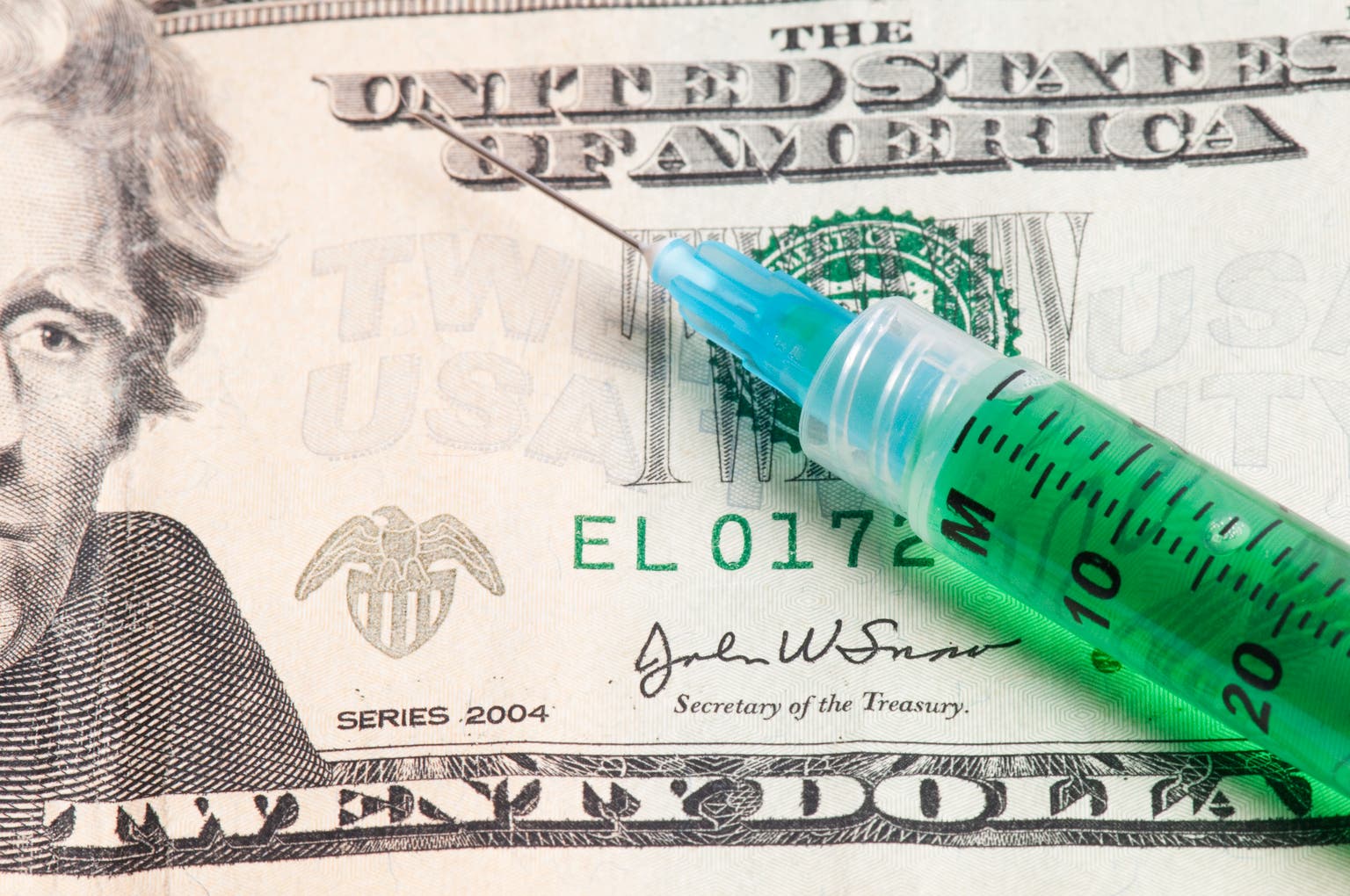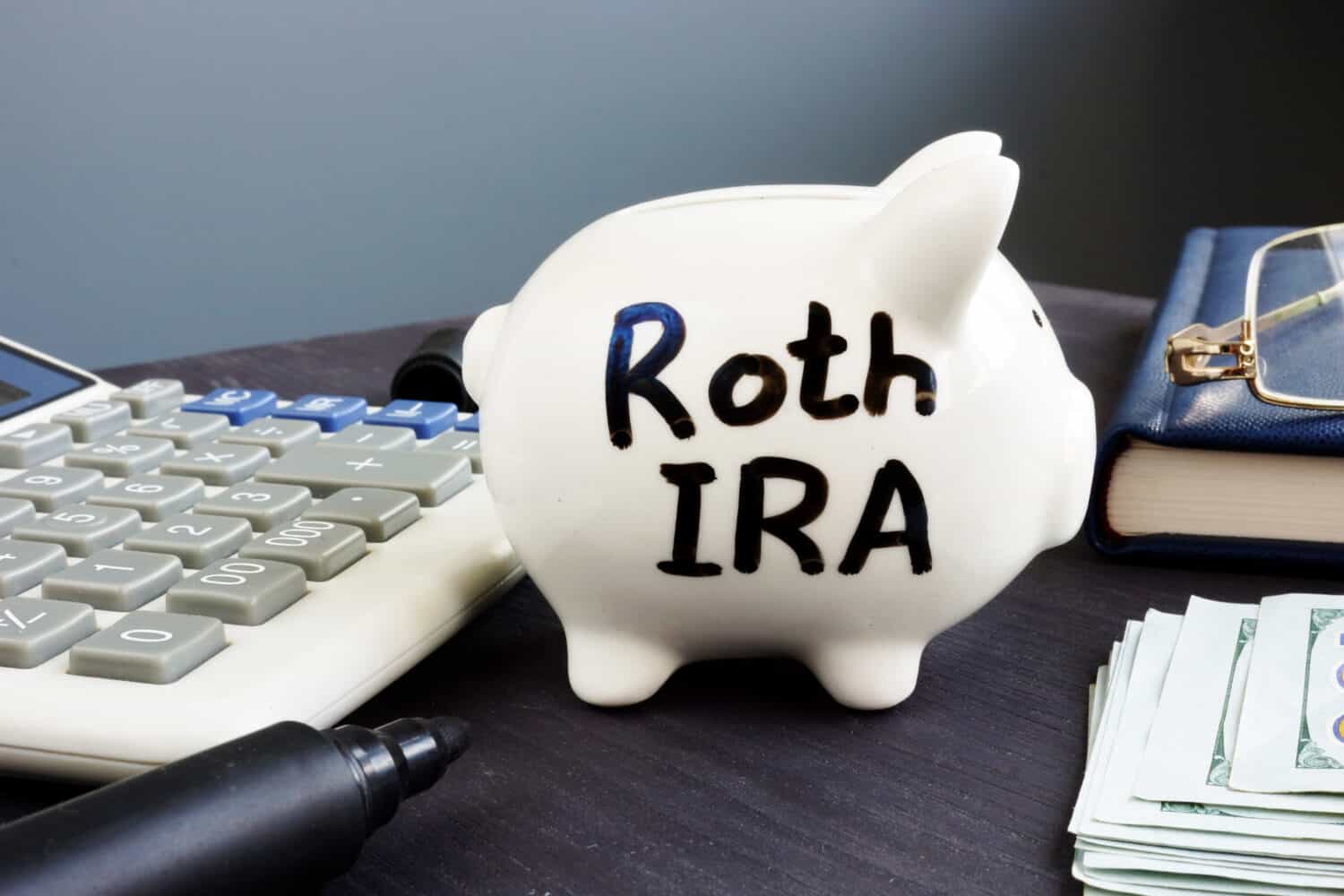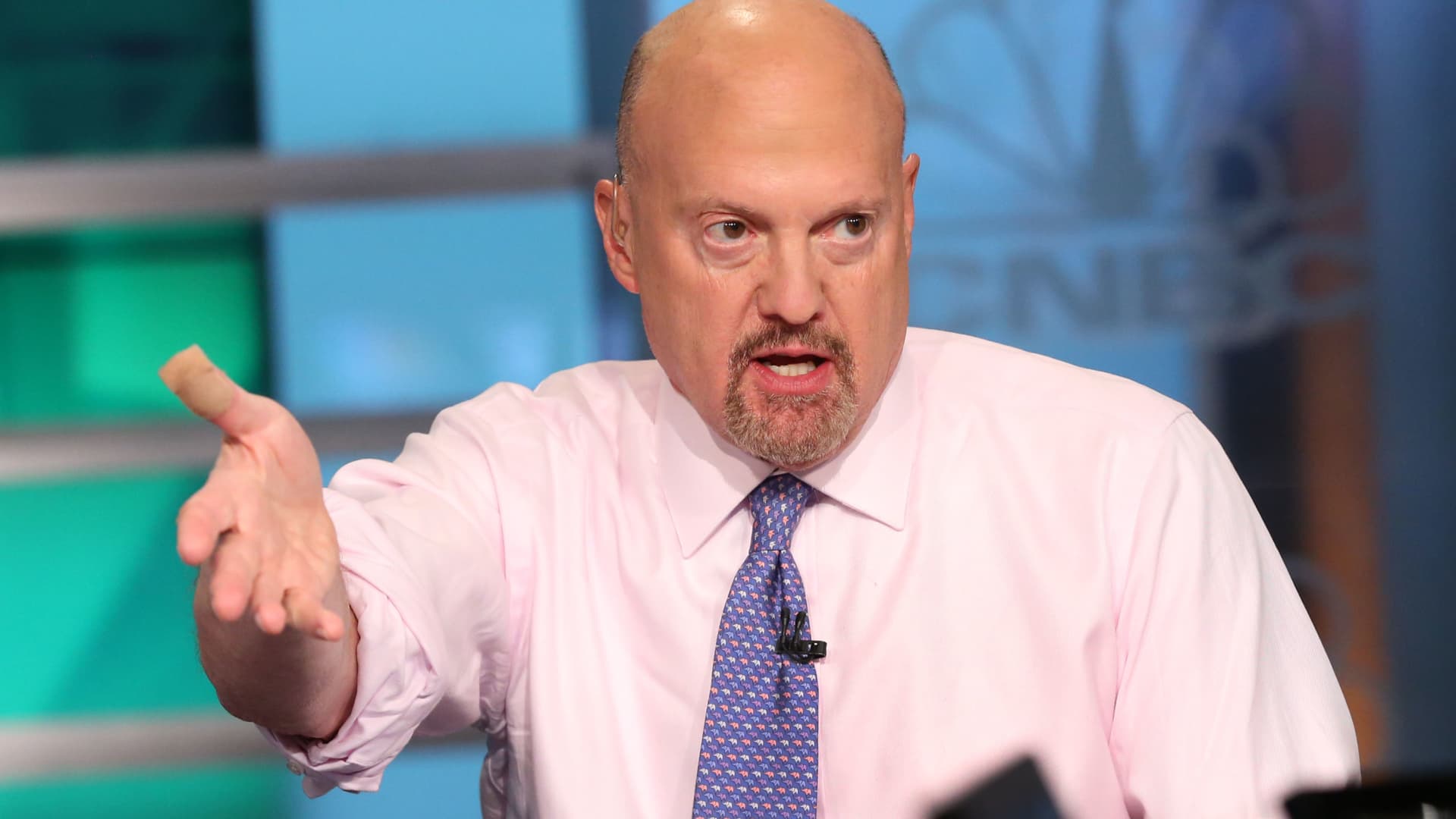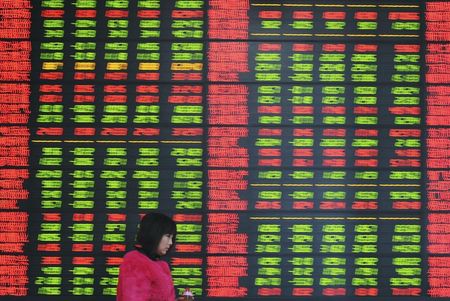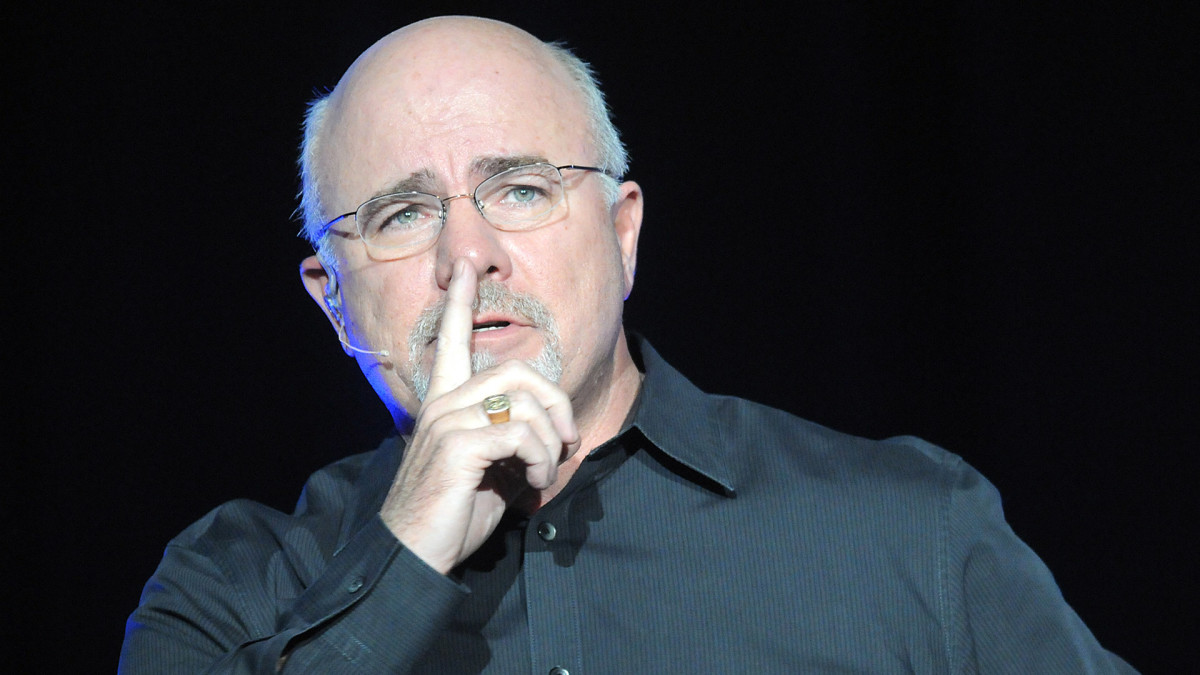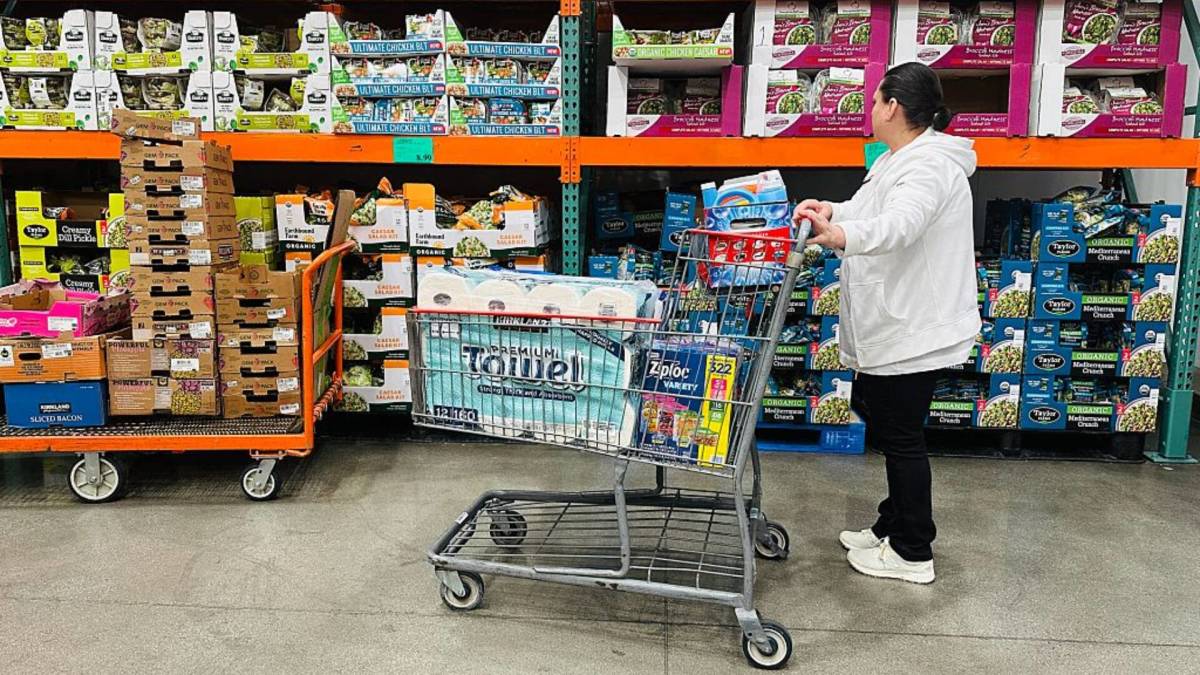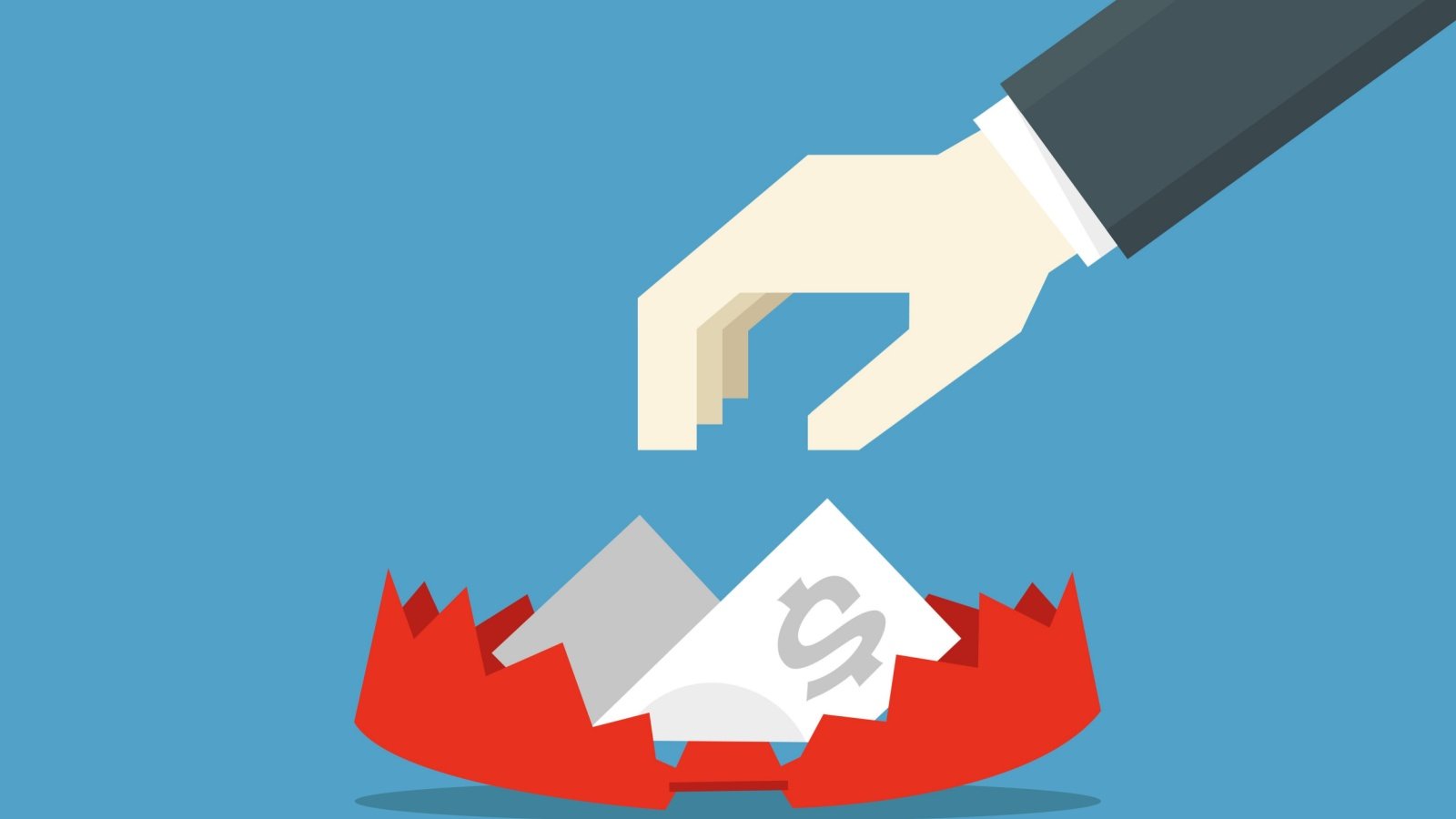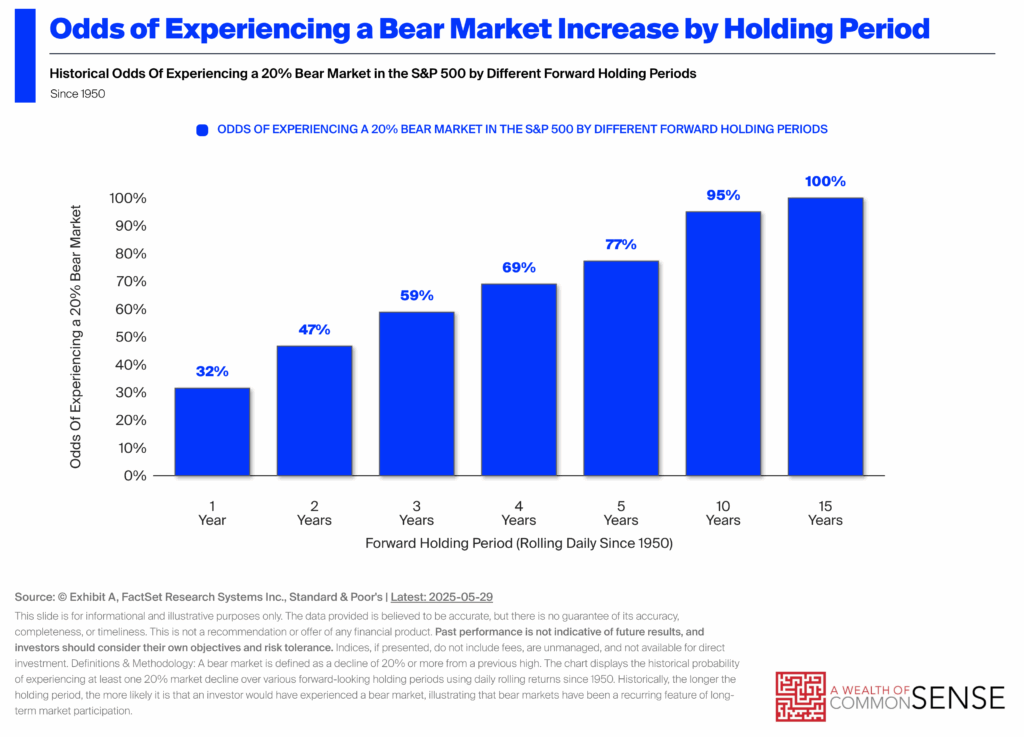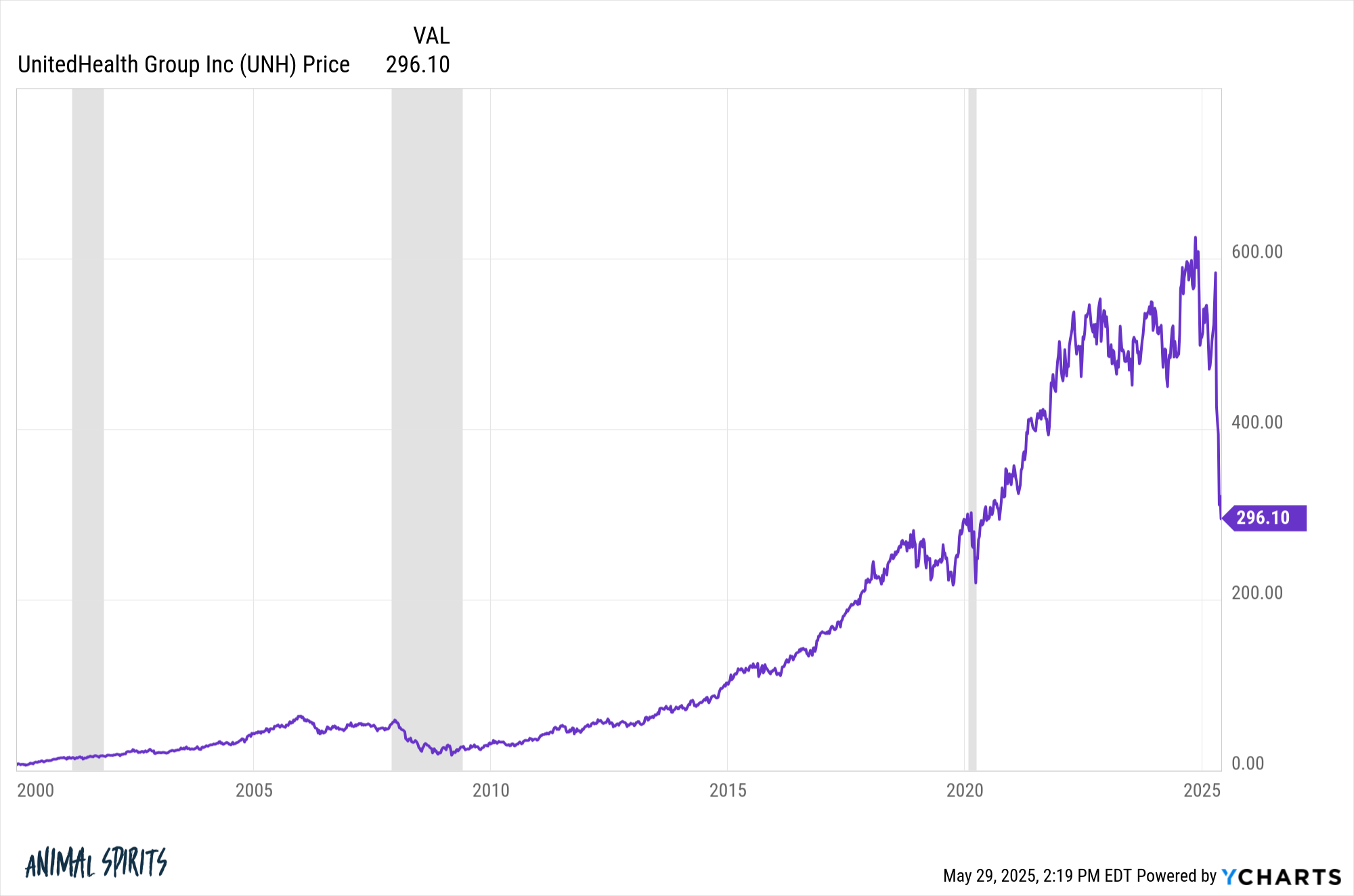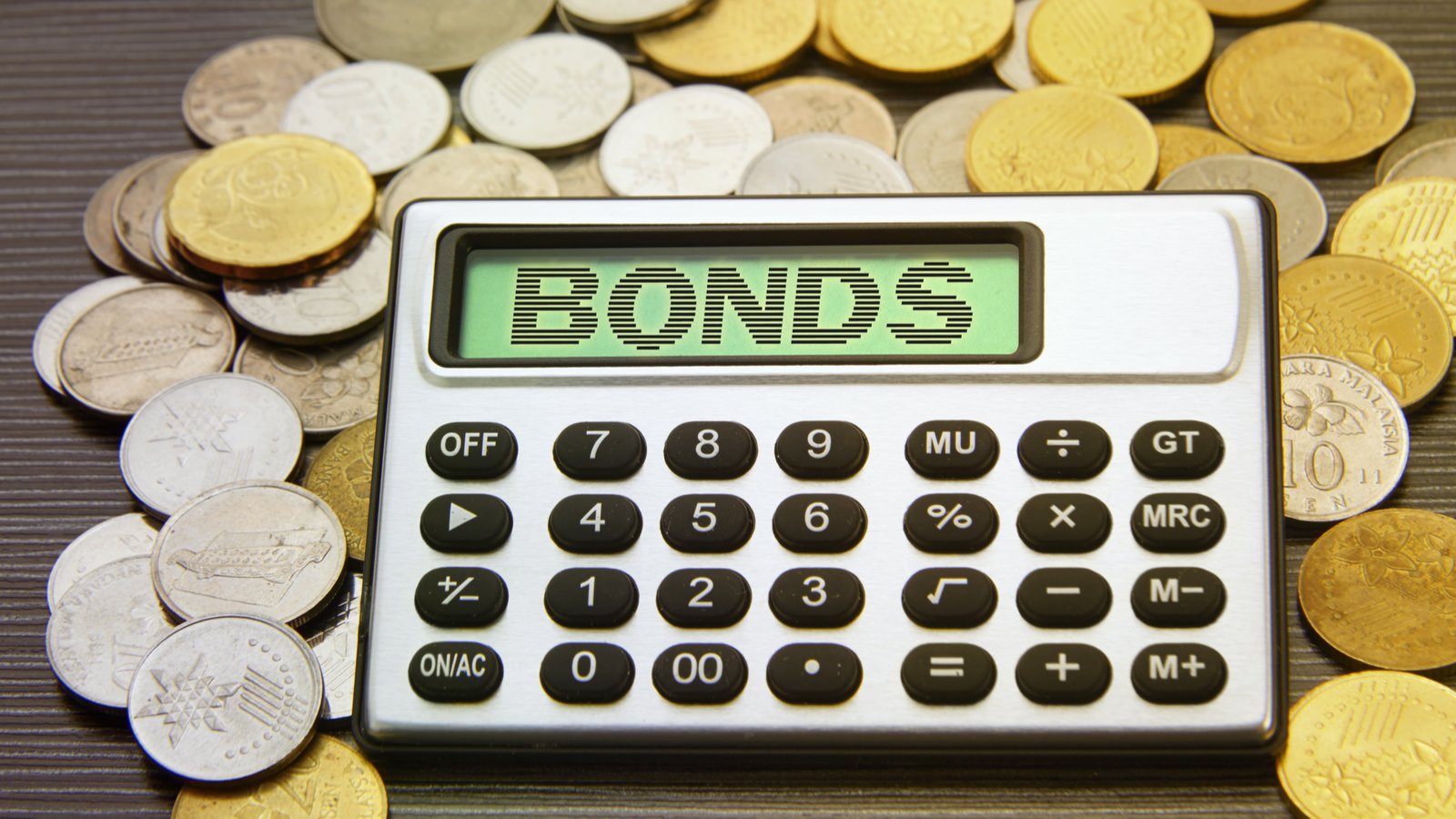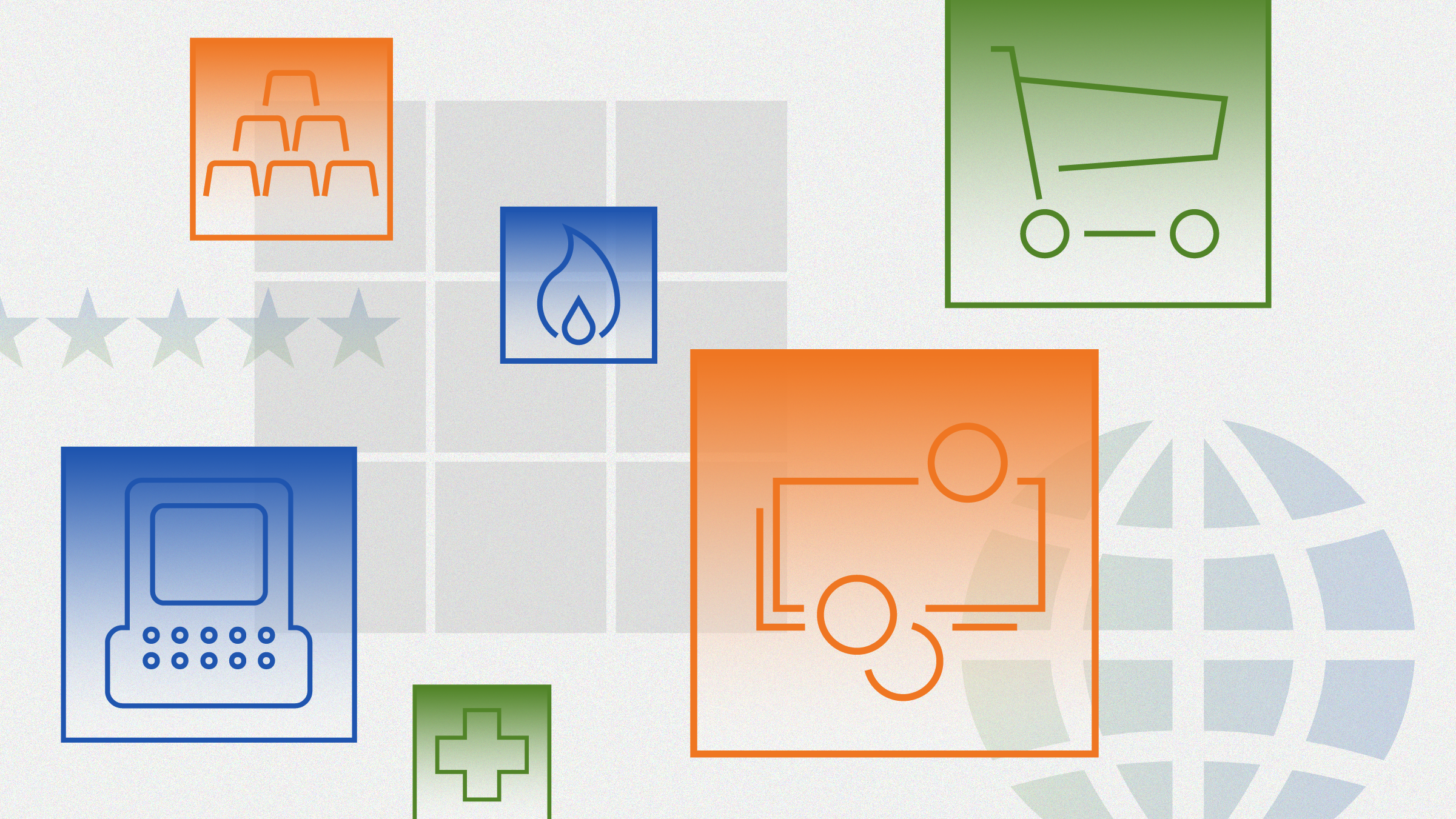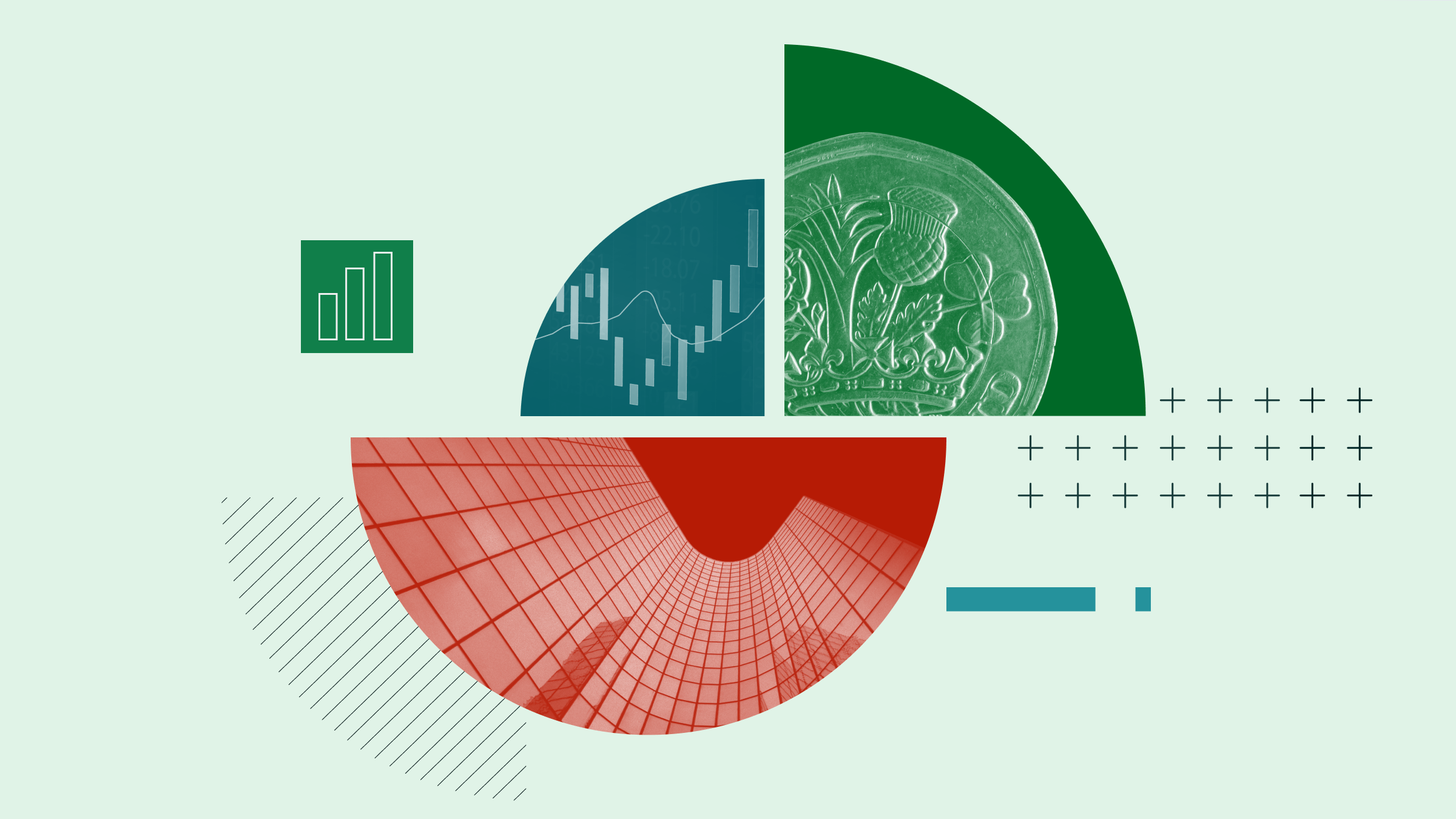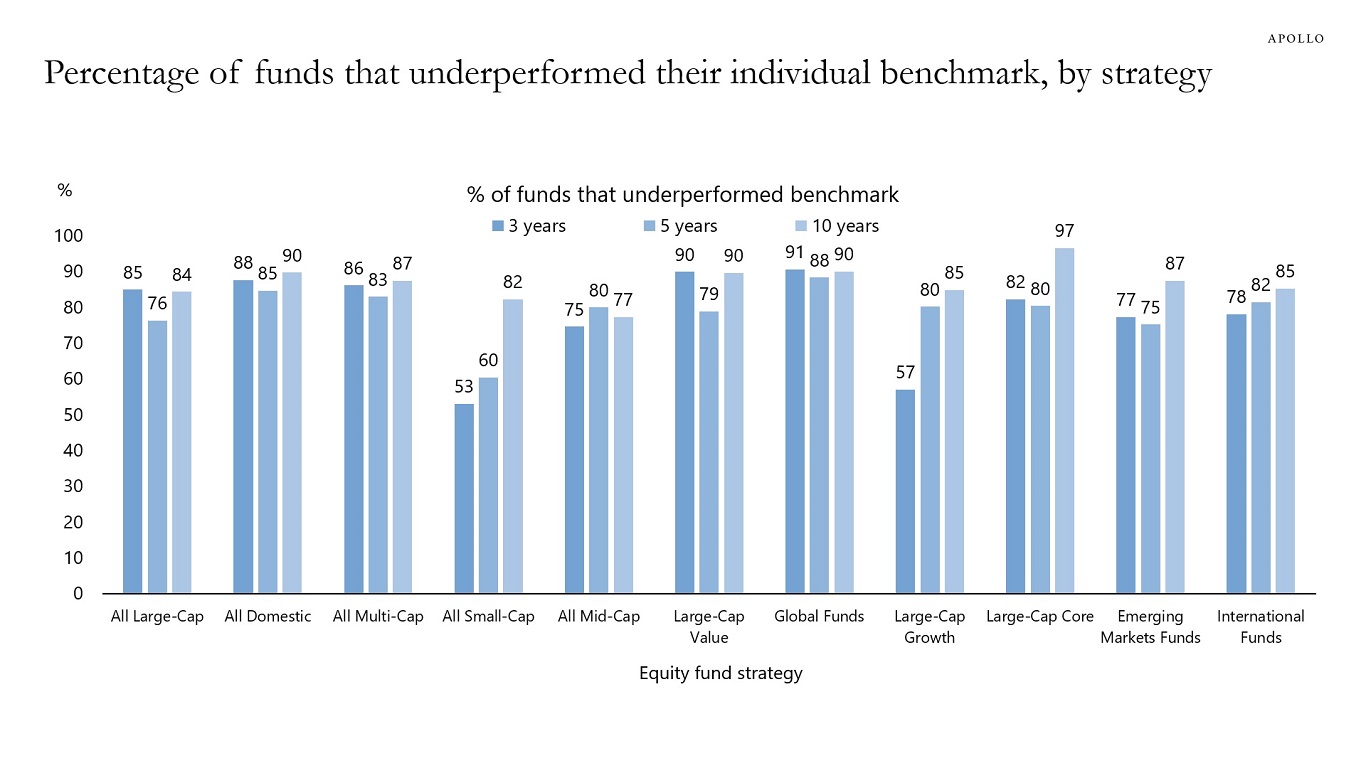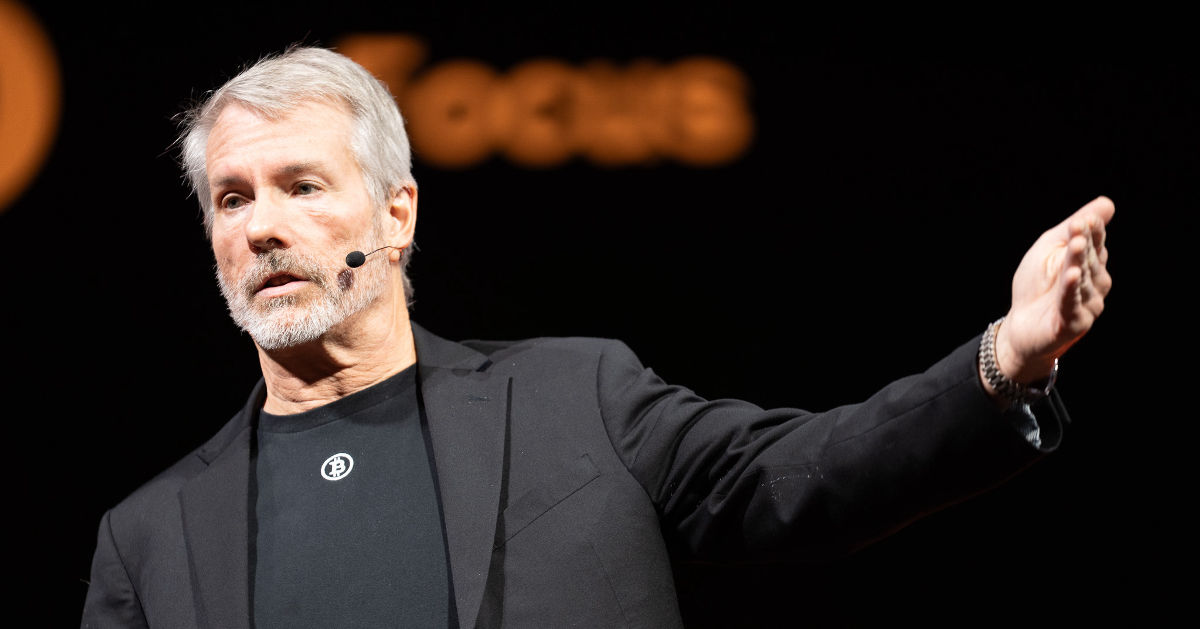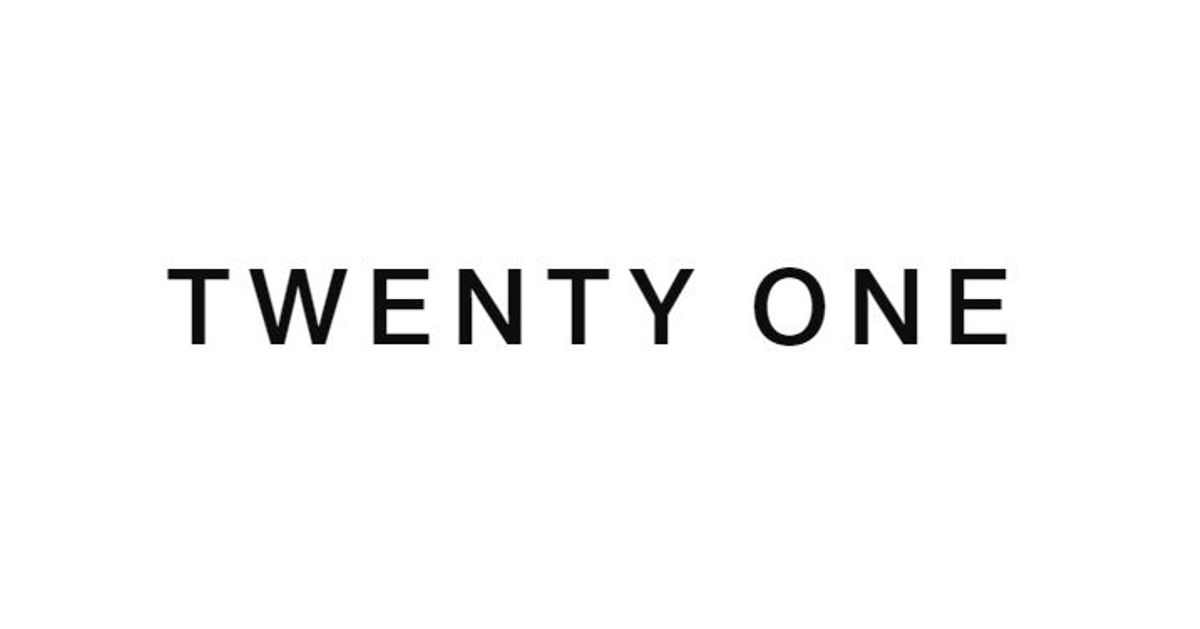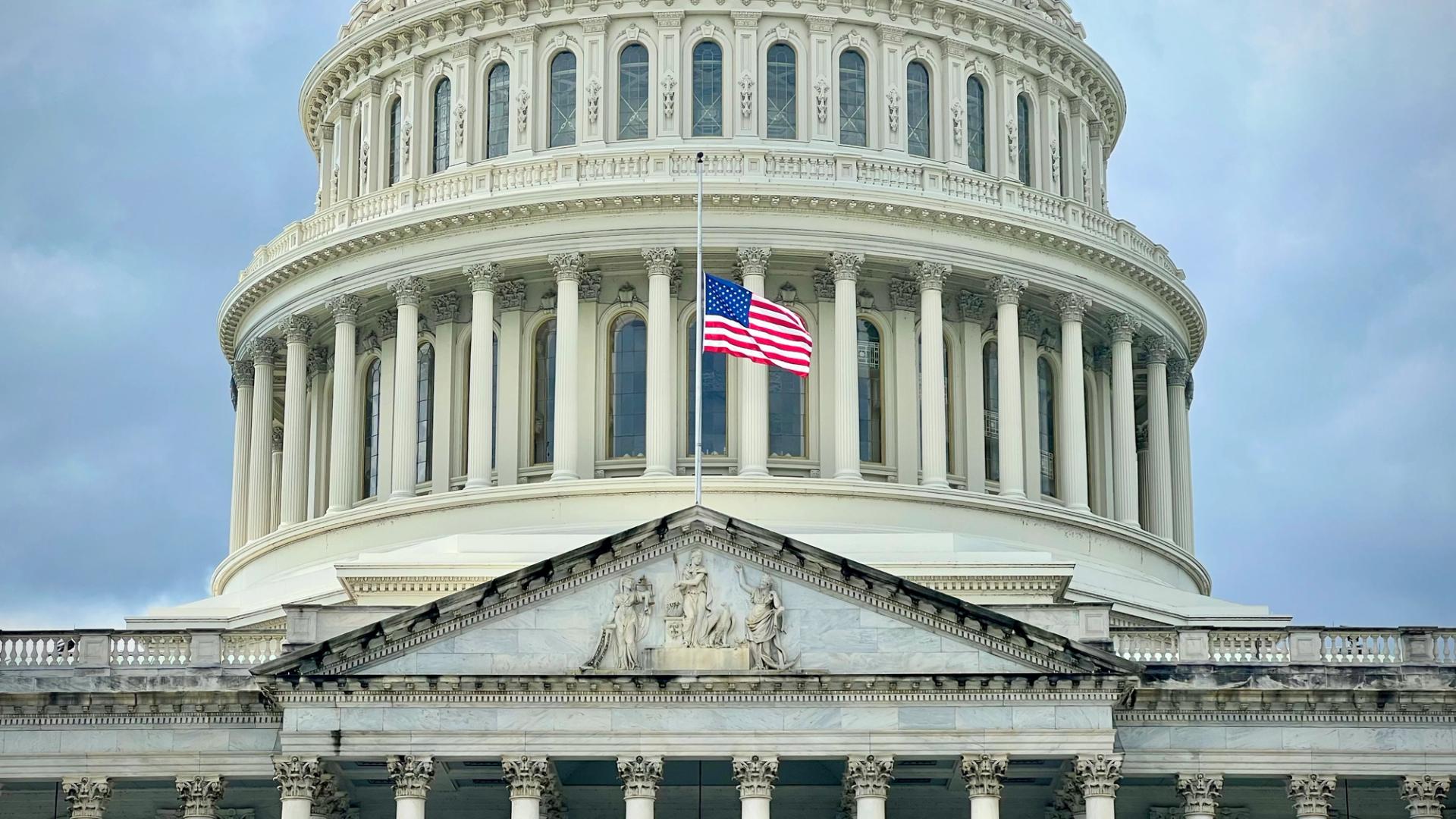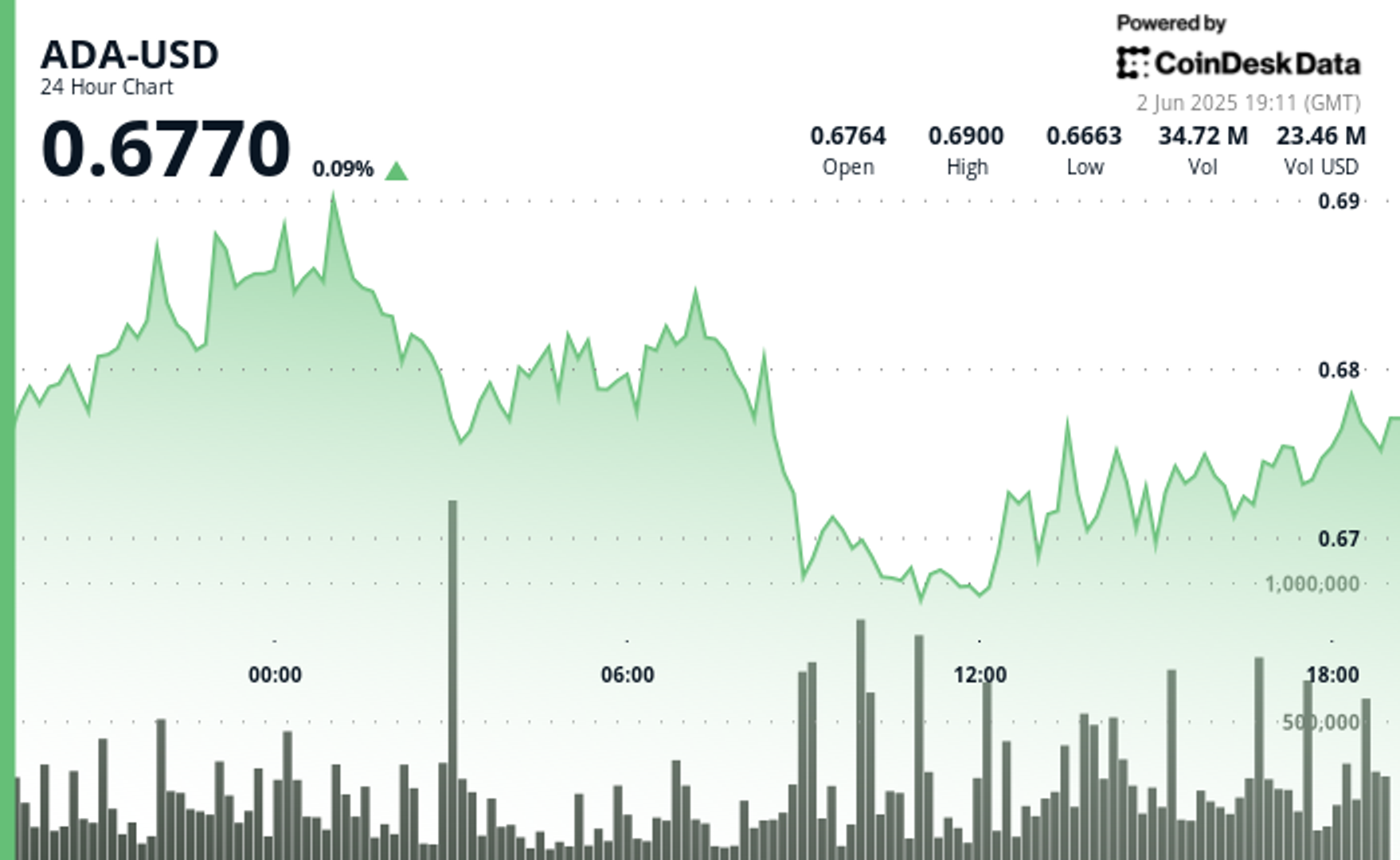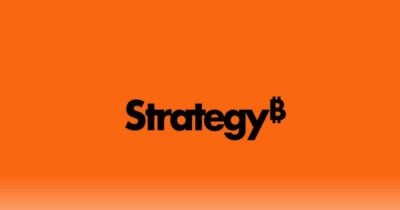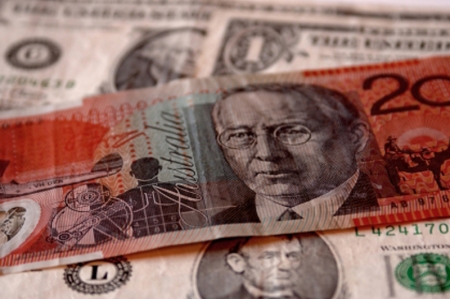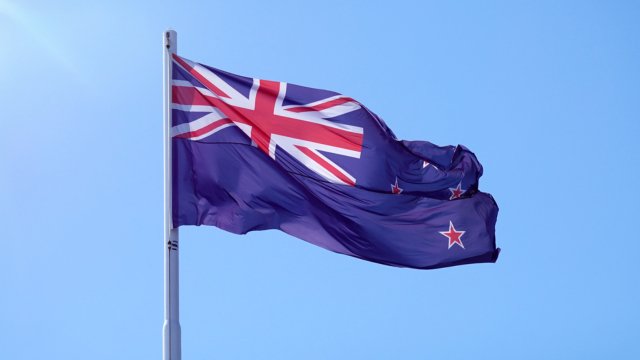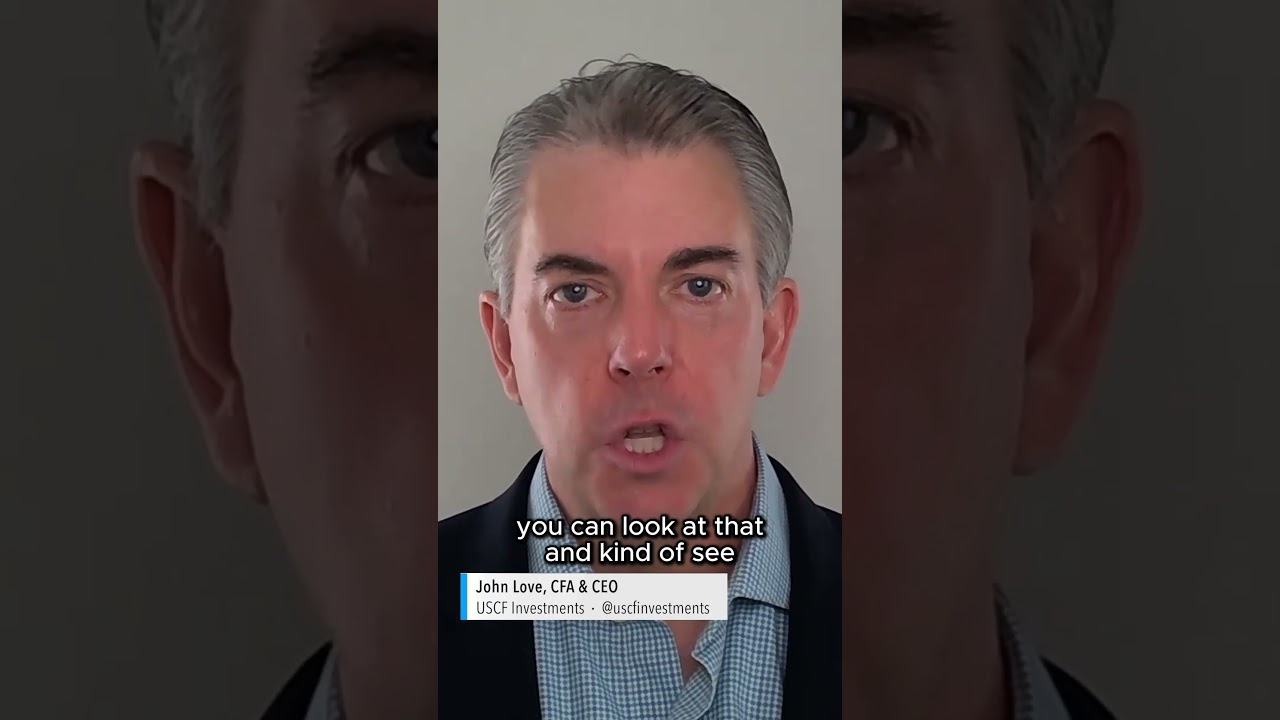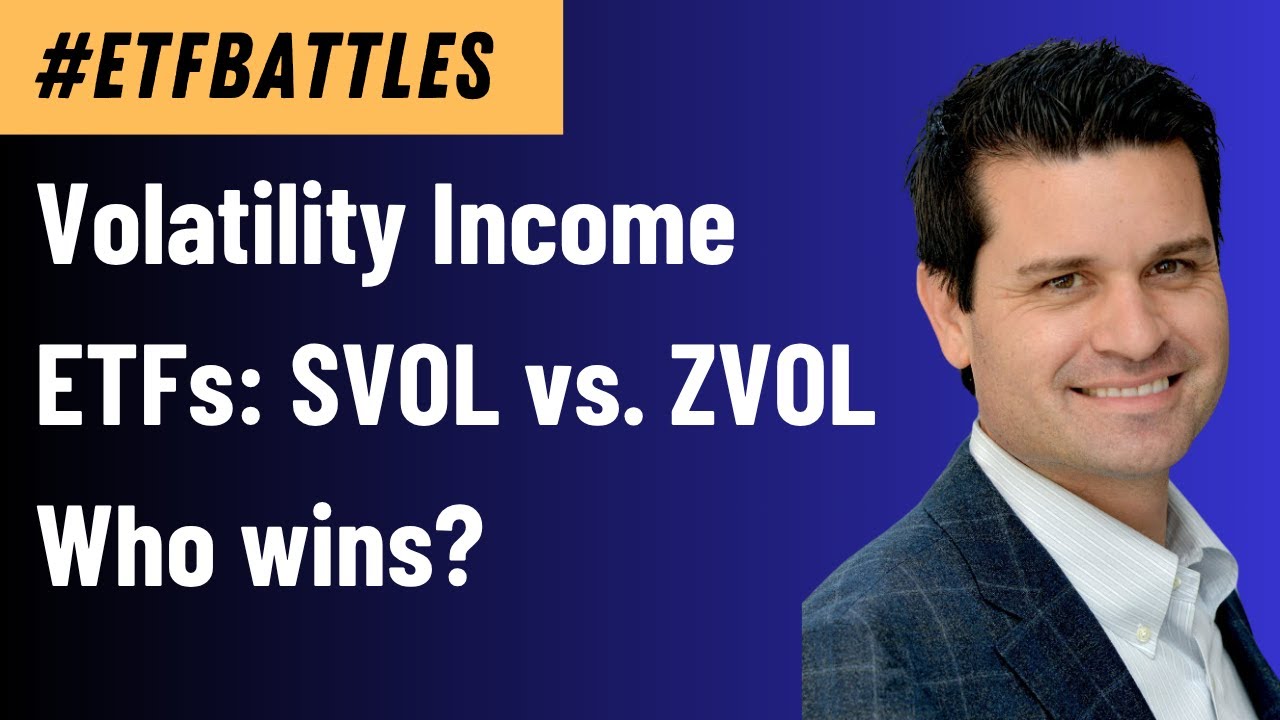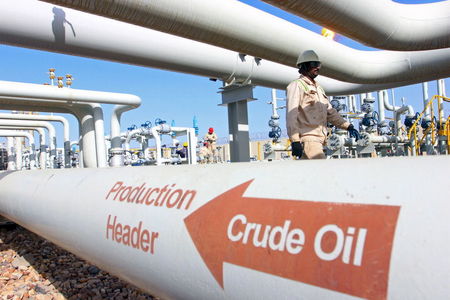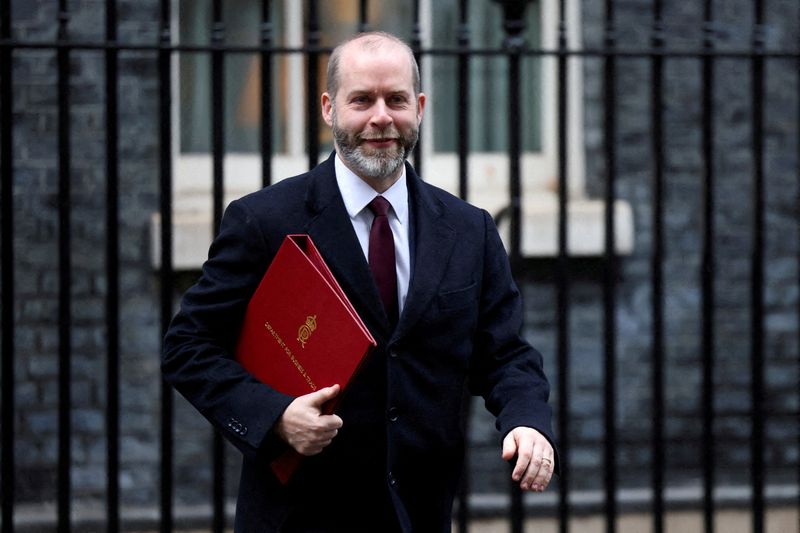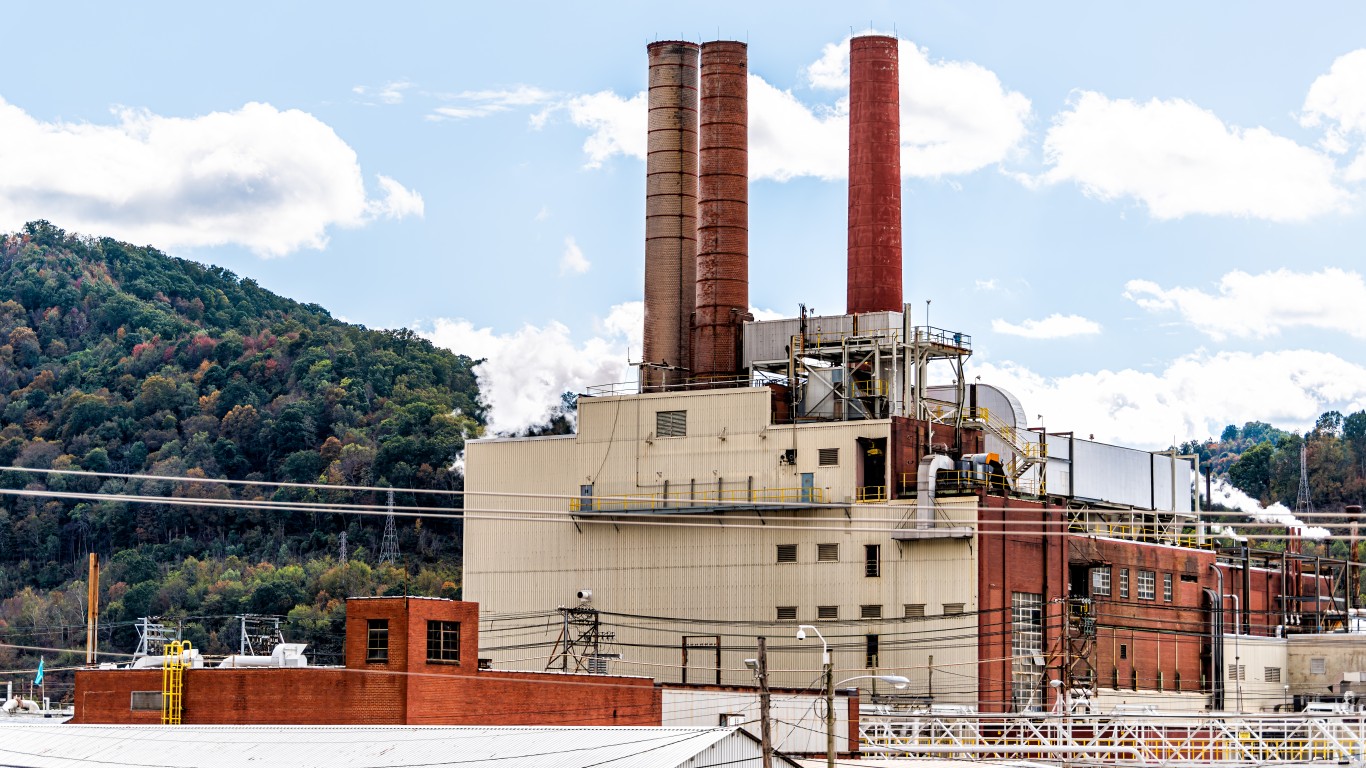Is $77,000 Too Much Cash for My Financial Situation?
One of the most important personal finance questions anyone can ask themselves is exactly how much money they need on hand at any given time. Whether it’s emergency money for a home, a potential job loss, or just having some cash available for any reason at all, it’s a long-debated number. Under most circumstances, the […] The post Is $77,000 Too Much Cash for My Financial Situation? appeared first on 24/7 Wall St..
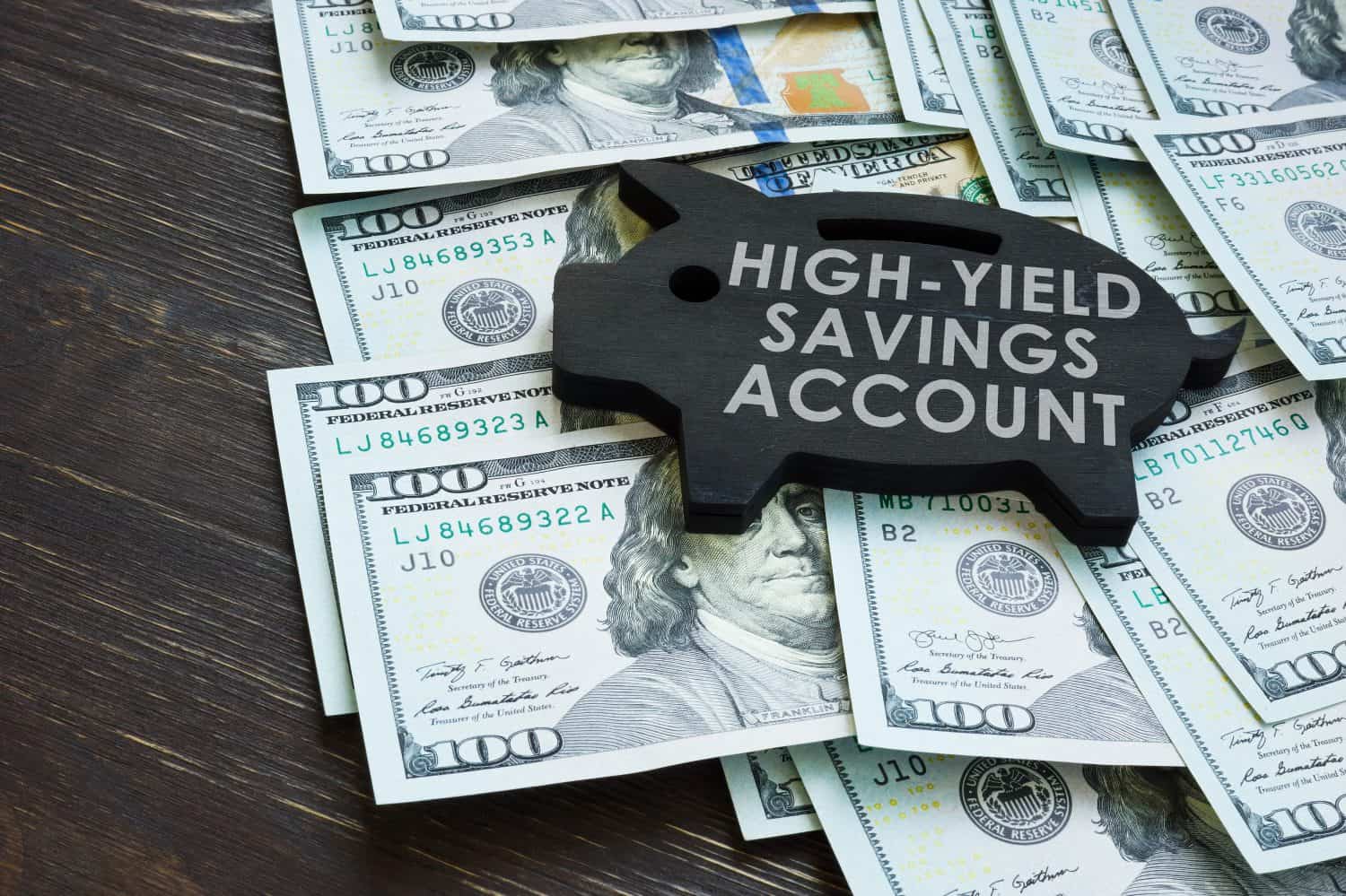
One of the most important personal finance questions anyone can ask themselves is exactly how much money they need on hand at any given time. Whether it’s emergency money for a home, a potential job loss, or just having some cash available for any reason at all, it’s a long-debated number.
This Redditor currently has around $77,000 in cash on hand and isn’t sure what to do with it.
Dropping this money into a traditional checking or savings account will earn next to no interest.
The best move is to keep most of this money in a high-yield savings account and let it earn interest.
Are you ahead, or behind on retirement? SmartAsset’s free tool can match you with a financial advisor in minutes to help you answer that today. Each advisor has been carefully vetted, and must act in your best interests. Don’t waste another minute; get started by clicking here.(Sponsor)
Key Points
Under most circumstances, the prevailing advice is to maintain around 6-12 months of cash in reserve for emergencies. While some think as little as six months, this Redditor posting in r/personalfinance has around $77,000 in cash on hand and wonders if that is too much.
So Much Cash
According to this late 30s Redditor, they currently have approximately $77,000 in cash available and are unsure what to do with it. They earn around $200,000 and have another $750,000 in investments, and have no significant financial commitments coming up that they are aware of that would require this amount of cash.
How Much Cash Should You Have On Hand?
According to experts like Fidelity and T. Rowe Price, the prevailing idea is to have at least $1,000 on hand for any quick but minor emergencies. After this, you want to start growing your savings to handle at least 3-6 months of expenses in case you have no other income coming in.
If you want to be on the safe side and not have to rely on credit cards to help you get by, the primary goal would be to have at least 12 months of expenses saved in an account. The challenge is that people who put this money into a checking or savings account earn next to nothing by doing so.
However, if you want to put this money into a high-yield savings account, which is currently earning as much as 4.40%, you can earn interest while your money sits. If the Redditor were to put all $77,000 in a HYSA right now, they would be earning around $3,300 annually, which isn’t a bad return for money that is sitting around waiting to be used in case of any emergencies.
Alternatively, if you listen to the comments on this post, you can look at options like a SPAXX account from places like Fidelity, which is earning 3.96% interest as of the end of May, or an SGOV account, which is a treasury bond ETF. The good news is that an SGOV might pay you a little more on the $77,000, and it’s exempt from most state taxes. However, the money will be treated more like cash using an SPAXX account at Fidelity, which is also low-risk and offers a competitive rate compared to traditional checking accounts.
The Final Decision
After reading through all the comments, the Redditor decided to deposit around $10,000 into their current checking account and transfer the rest into a high-yield savings account. They know that $60,000 is a comfortable number to handle one year’s worth of expenses, so if they find themselves with more cash on hand, they will move into a brokerage or Roth IRA account. This money can then grow (and grow) and become part of their overall investment strategy for the future.
For the most part, this feels like the best possible scenario for the Redditor, as they earn a little interest while still maintaining peace of mind that this cash is available just in case. Without knowing exactly how much this Redditor spends annually, it’s difficult to say whether this amount of cash on hand is excessive. However, as long as the bulk of it’s earning interest, it’s not a significant financial concern.
The post Is $77,000 Too Much Cash for My Financial Situation? appeared first on 24/7 Wall St..


